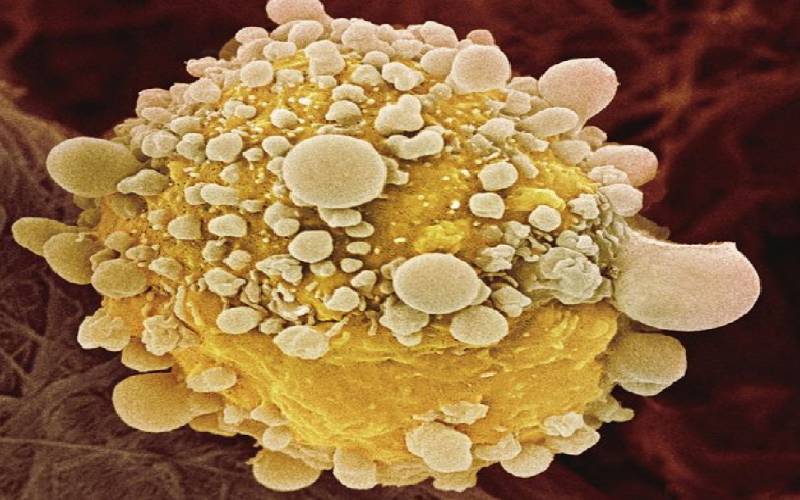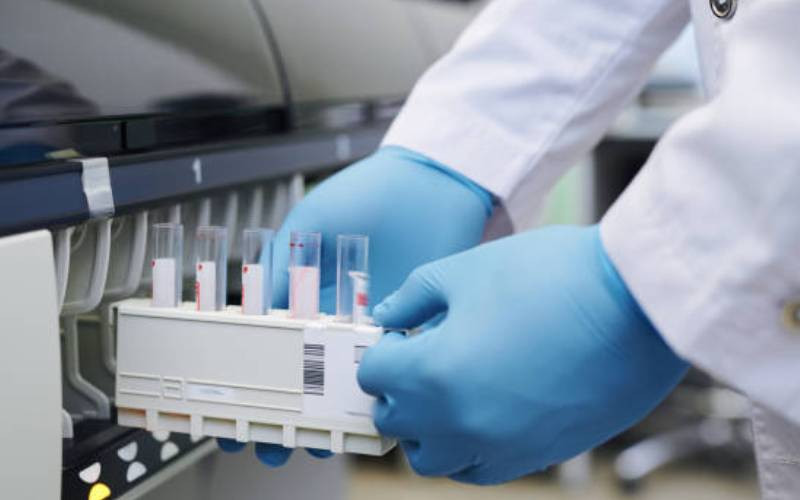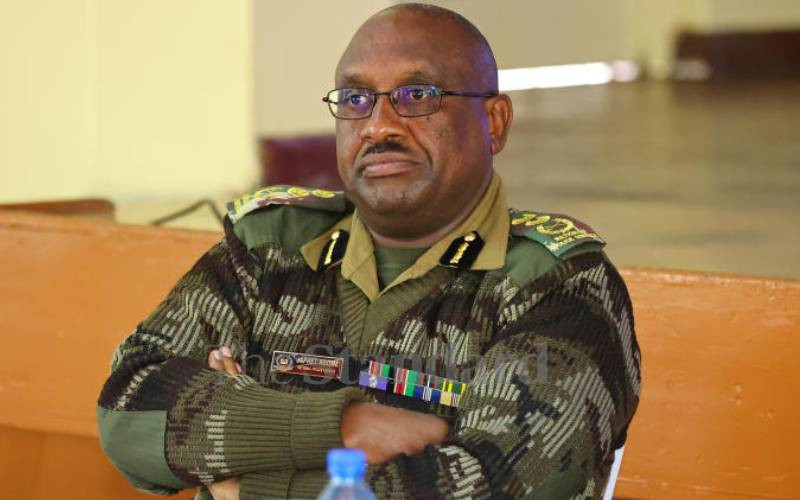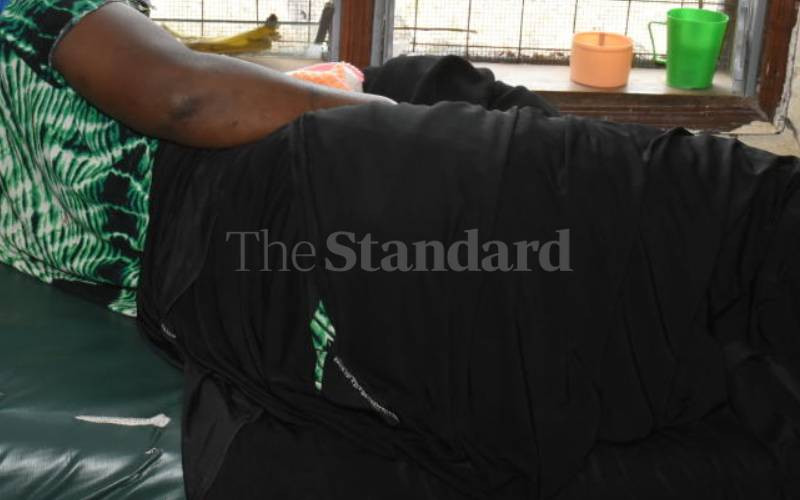
A urine test which can diagnose pancreatic cancer, one of the most deadly forms of the disease, has been developed by scientists.
The pioneering test is the first ever to detect early-stage pancreatic cancer.
It could increase survival rates for those diagnosed while their tumour is still small to 60 per cent.
Currently, just 5 per cent of pancreatic cancer patients are alive five years after diagnosis.
The test, developed by researchers at Queen Mary University of London, has reached the final stage of validation and will be developed for use on patients.
Prof Tatjana Crnogorac-Jurcevic, of the university’s Barts Cancer Institute, said: “If we can detect pancreatic cancer when it’s still operable and when the tumours are small and not yet spread to other organs, we could see a significant impact on patient survival.
"Removing tumours 1cm or smaller can increase five-year survival to around 60 per cent.”
The test detects a combination of three proteins which, at high levels, flag up stages one to three of the disease.
It was first revealed by British academics in 2015, after diagnosing early cancers with 90 per cent accuracy in a small trial of 500 patients.
It will now be trialled on more than 3,000 patients in a £1.6million, four year clinical study.
If it is successful, a standardised urine test will be developed for medics. Nearly 10,000 people are diagnosed with pancreatic cancer a year in the UK.
It has the lowest survival rate of any common cancer, mainly due to late detection, as more than 85 per cent of people are diagnosed too late for treatment.
Will Chiles lost his wife Claire, 50, to the disease in May 2015. She waited five months for a diagnosis.
He believes she may have survived if he was diagnosed earlier. Will, 47, from Coventry, said: “She may have had a chance – the circumstances we went through, she didn’t have a chance.
"It was a death certificate because she only got diagnosed five weeks before she died. [The test] could mean the difference between life and death.”
Survival rates for pancreatic cancer have barely changed in four decades. Maggie Blanks, of the Pancreatic Cancer Research Fund, which funds the trial, said: “Symptoms of pancreatic cancer are vague and often mistaken for less lethal conditions.
"[The test] would mean that many more patients would be eligible for surgery or could start other treatment much sooner.”
Scientists at University Hospitals Birmingham NHS Foundation Trust have taught computers to diagnose illness “from cancer to eye diseases” with similar accuracy to human medics.
 The Standard Group Plc is a multi-media organization with investments in media platforms spanning newspaper print
operations, television, radio broadcasting, digital and online services. The Standard Group is recognized as a
leading multi-media house in Kenya with a key influence in matters of national and international interest.
The Standard Group Plc is a multi-media organization with investments in media platforms spanning newspaper print
operations, television, radio broadcasting, digital and online services. The Standard Group is recognized as a
leading multi-media house in Kenya with a key influence in matters of national and international interest.











